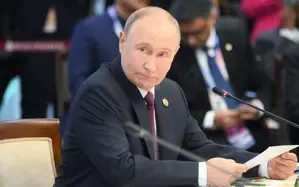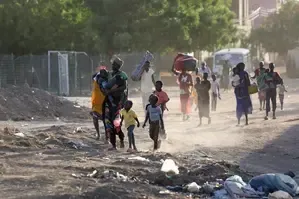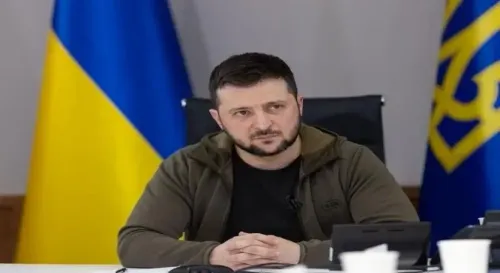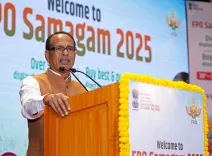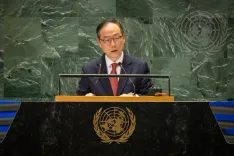Did Trump Really Resolve the India-Pakistan Conflict Through Trade?
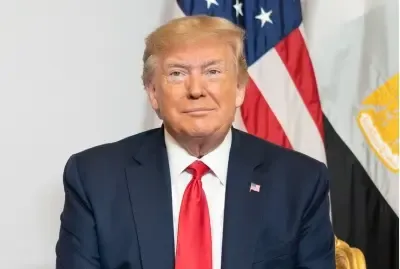
Synopsis
Key Takeaways
- Trump claims to have mediated the India-Pakistan conflict.
- No formal trade agreements exist between the US and India.
- India has denied any trade discussions in recent talks.
- Both India and Pakistan face economic pressures from US tariffs.
- The situation remains complex with ongoing geopolitical implications.
New York, Aug 9 (NationPress) US President Donald Trump has asserted that he "resolved the situation" between India and Pakistan during their "conflict" in May through trade, despite the absence of any actual agreement with India.
"I got things settled with India, Pakistan [and] I believe it was trade that played a more significant role than anything else," he stated on Friday.
India has refuted the notion that trade was a topic during discussions with US officials amid Operation Sindoor, nor that Trump facilitated any ceasefire.
Shortly after Trump made his initial claim post-hostilities in May, External Affairs Ministry Spokesperson Randhir Jaiswal remarked, "The subject of trade or tariffs did not feature in any of those conversations."
Trade talks between India and the US are currently stalled, and Trump has independently imposed a 25 percent tariff on Indian goods.
Trump also speculated that the additional punitive tariff of 25 percent he announced for India might have motivated Moscow to advance a peace agreement regarding Ukraine.
"I think numerous developments have occurred recently that would facilitate this advancement," he commented.
"I'm not going to mention anything related to India," Trump added.
Targeting India with the punitive tariff for purchasing Russian oil was interpreted as an effort to exert economic pressure on Moscow, potentially impacting its oil revenue from New Delhi, the second-largest buyer.
While Trump stated on Truth Social that he finalized a trade agreement with Pakistan on July 30, covering joint oil reserves development, neither party provided comprehensive details, if such a deal exists.
Trump levied a 19 percent tariff on Pakistan the following day; however, there was no discussion about what Islamabad had offered the US, as reported in other agreements.
Without a formal agreement, India's tariff remains at 25 percent.
Trump reiterated his claims regarding using trade in the India-Pakistan "conflict" during a ceremony where Azerbaijan's President Ilham Aliyev and Armenia's Prime Minister Nikol Pashinyan signed a peace treaty to resolve their 35-year-long conflict.
The two leaders praised Trump for facilitating their negotiations and expressed intentions to jointly nominate him for a Nobel Peace Prize.
Pakistan's military chief Asim Munir, who supported Trump's assertion that he mediated the ceasefire, also nominated him for the Nobel Prize.
Operation Sindoor concluded after Pakistan's Director General of Military Operations Major General Kashif Abdullah reached out to his Indian counterpart Lieutenant General Rajiv Ghai to request a ceasefire.
India initiated the operation in May against Pakistan-based terrorist groups following the Pahalgam attack in April that resulted in 26 fatalities, which escalated tensions.
Trump, while reiterating his claims about resolving the India-Pakistan "conflict," stated, "I said, 'You know, I don't want to engage with nations that are attempting to obliterate themselves and possibly the world.'"
These nations possess nuclear capabilities, and "that was a significant achievement in having that resolved," he remarked.
"They were in conflict, you know, they were shooting down aircraft. You know, five or six planes were downed in their last skirmish," Trump noted.
"And then it was on the verge of escalating further. That could have become extremely serious," the US President concluded.

